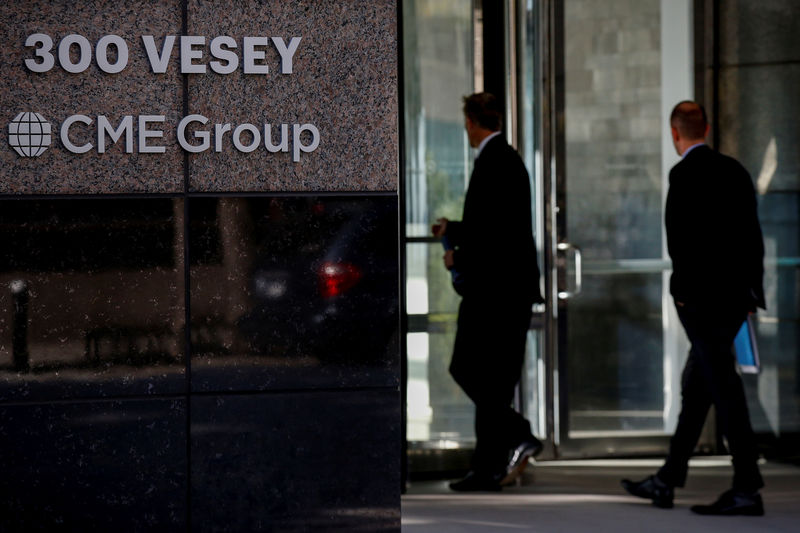This post was originally published on this site
https://i-invdn-com.akamaized.net/trkd-images/LYNXMPEF9T1NA_L.jpg
By John McCrank
NEW YORK (Reuters) – CME Group Inc (O:) has expressed concerns to regulators over a recent paper by several financial institutions calling for clearinghouses to put up more of their own capital to protect against losses that could disrupt the financial system, the head of the company said on Wednesday.
“We believe that people who introduce risk to the system should be putting in the money for the system,” CME Chief Executive Officer Terry Duffy said on a call with analysts following the exchange operator’s quarterly earnings. “We are here to manage the risk. We don’t introduce the risk. “So those that are bringing the most risk, you know, should be putting in money for the default fund.”
Clearinghouses stand between both sides of trades to ensure their completion even if one side goes bust. They were given a bigger role following the 2008 financial crisis, when regulators forced the majority of over-the-counter derivatives trades to be centrally cleared through them.
But there are still no detailed protocols for safely winding down a clearinghouse if a large customer defaults, creating a too-big-to-fail scenario similar to that at their big bank members.
The financial institutions, which include Citigroup Inc (N:), JPMorgan Chase & Co (N:) and BlackRock Inc (N:), last Thursday published their views to try to shift in their favor prolonged policy debates over how clearinghouses, such as the one run by CME, should be fortified.
“We believe current capital requirements are insufficient,” the group said.
The banks and fund managers said the clearinghouses do not have enough of their own money at risk, giving them little incentive to ensure effective risk management against defaults, operational failures and cyberattacks.
They also called for changes in governance rules to give clearing members more say in risks the clearinghouses take on.
Duffy said CME has plenty of “skin in the game,” with the clearinghouse’s own capital in its default fund the first to be tapped if one of its members goes bust, followed by the capital its members contribute. If the clearinghouse added more of its own capital, it might reduce the incentive for members to guard against their own risky behavior, he said.
“We don’t think that is good for risk management practices, so we don’t subscribe to that,” he said.
Allianz (DE:) Global Investors, Goldman Sachs Group Inc (N:), Societe Generale SA (PA:), State Street Global Markets, T. Rowe Price Group Inc (O:) and The Vanguard Group also signed the paper.
Fusion Media or anyone involved with Fusion Media will not accept any liability for loss or damage as a result of reliance on the information including data, quotes, charts and buy/sell signals contained within this website. Please be fully informed regarding the risks and costs associated with trading the financial markets, it is one of the riskiest investment forms possible.

